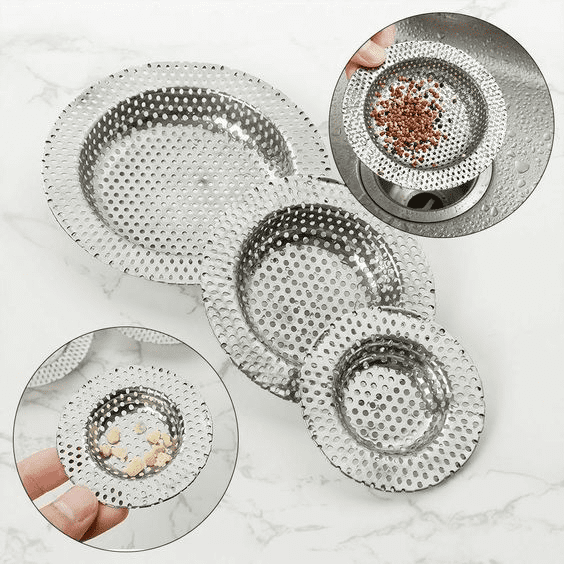Nothing is more annoying than standing ankle-deep in a puddle of filthy, soapy, tepid water after taking a shower. The ‘standing water,’ is a definite indication of a blocked bathroom drain. A clogged bathroom drain might be triggered by almost anything from a little obstacle in your main sewage line to a big impediment. It’s critical to establish the cause of the clog as quickly as possible, so you can evaluate whether the repair is something that can be handled with or without the involvement of specialists. If it’s something you can handle at home, this article will guide you.
Drain Clogging: What Causes Them?
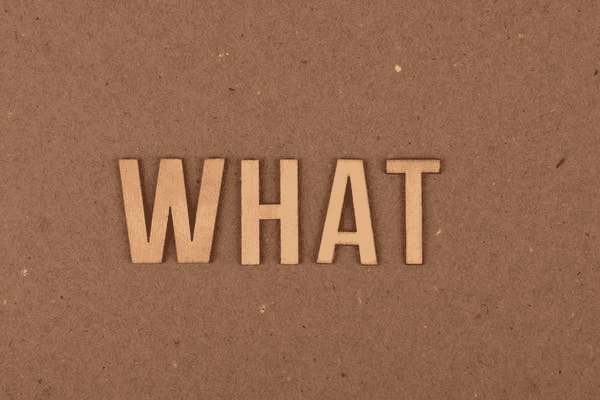
The accumulation of soap scum, debris, and hair is the most prevalent trigger of smaller bathroom drain clogs. Hair, particularly, is prone to clogging drains, and soap exacerbates the issue by allowing hair to attach to drain walls more readily than it would have normally. This build-up obstructs the movement of water over time, eventually resulting in a blockage. If your bathroom drain clogs regularly despite successive repairs, or if you have multiple blockages in your house, it might be a symptom of a larger obstruction in your main sewage line.
Preventing Bathroom Drain Clogging
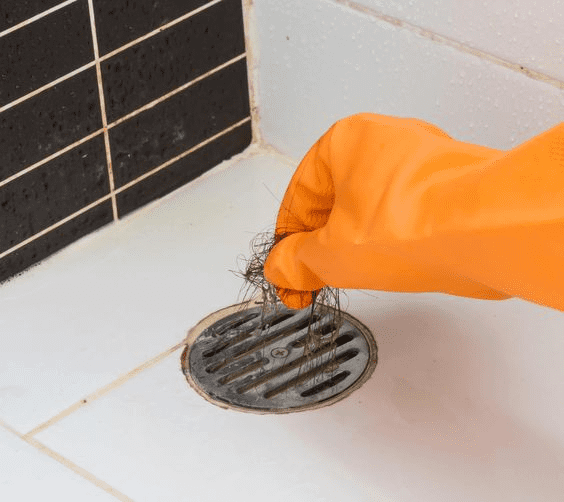
As a householder, there are a few things you can do to maintain your bathroom drain free from buildup that leads to clogging. While these methods are wonderful for regular servicing and can also be useful for eliminating smaller, less significant clogs, they should not be used to address a main sewage line obstruction because this could cause long-term harm. These measures include the following:
- Avoid leaving hair in the drain covers. Take preventative measures if your hair sheds excessively after you wash it. Ensure you get a drain guard to trap hair more regularly. Try clearing it after every shower to prevent the buildup and eventual clogging.
- Pouring hot water down the drain on a weekly basis also helps. Vinegar can also be used to not only clear the drain but remove the awful smell that comes with the build-up.
Unclogging the Bathroom Drain

The following methods can be applied at home to unclog the bathroom drain with ease.
1. Use Boiling Water
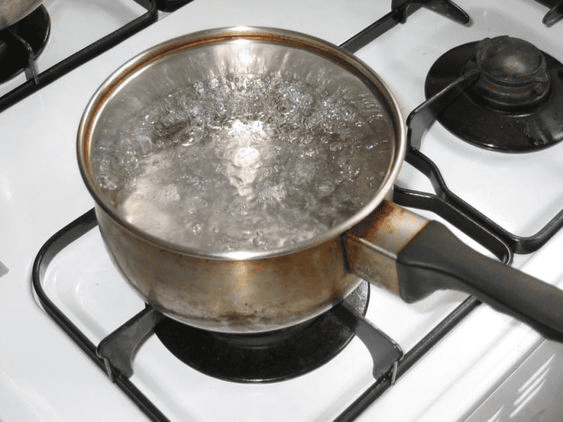
Boiling water should be poured down the bathroom drain. This is a useful initial step since the hot water aids in breaking up the soap scum and grime build-up more efficiently, allowing it to be rinsed away correctly. It should hold obstructions at bay if done weekly.
2. Try using a plunger
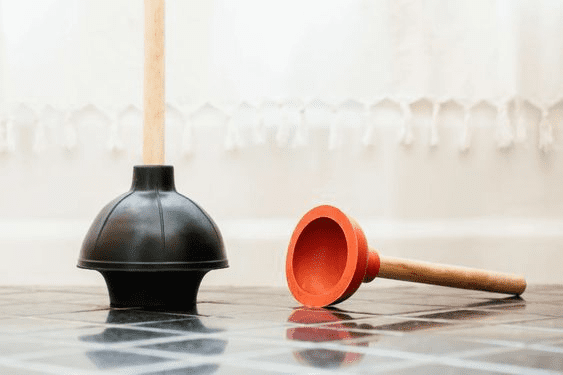
Using a plunger to remove hair clogs may be quite effective. To make it more effective, apply petroleum jelly to the lining to create a better air suction. Hair build-up can be prevented with regular plunger usage, but the best way to avoid hair clogs is to get rid of the hair stuck in the drain cover after every shower.
3. Vinegar and Baking Soda Mix
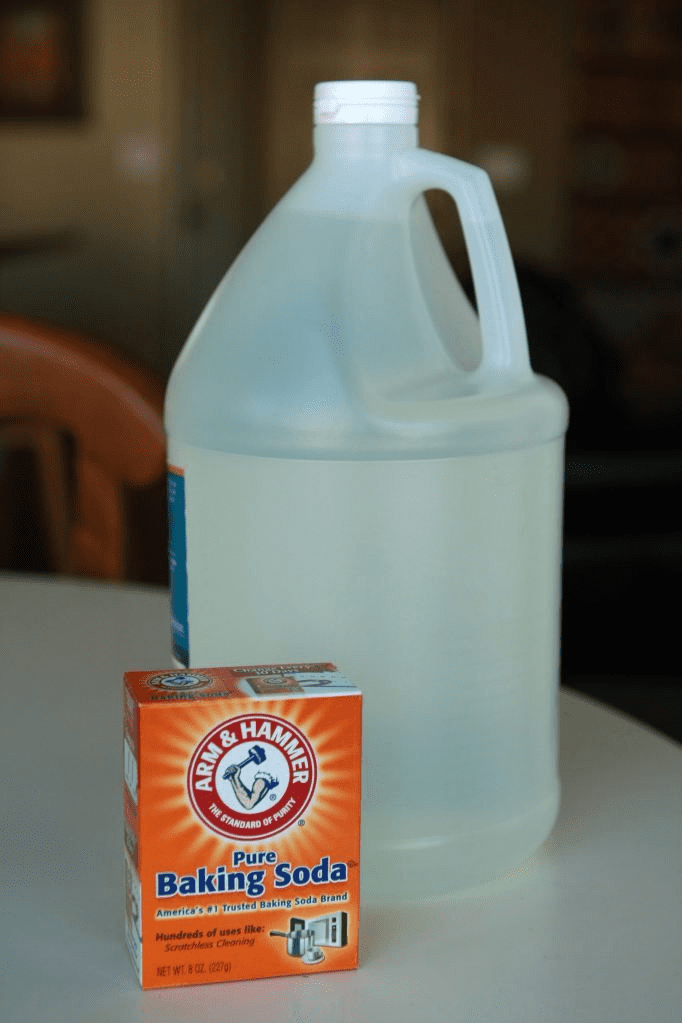
A plunger may not be enough to clear a deeper, larger obstruction. Baking soda and vinegar mixed together is a natural technique to remove hair blockages without using harsh chemicals on your drain. pour a cup of baking soda down the blocked drain first, followed by a cup of vinegar after a couple of minutes. Allow the combination to break down the clog for a few hours before rinsing the drain with hot water. The technique leaves your bathroom drain cleaner and smells fresher.
4. Try Chemical Drain-Cleaning Products
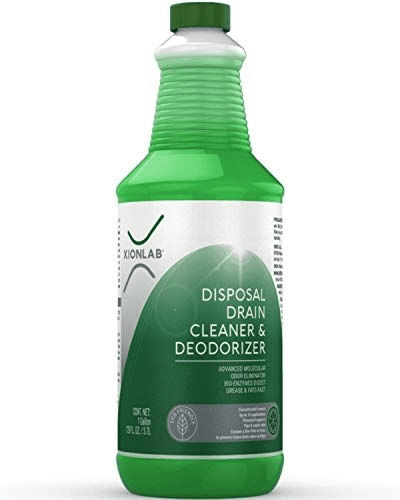
Drain-cleaning compounds may appear to be a quick and inexpensive option to unclog your drain, but they may corrode your pipes and shower fittings, be detrimental to your health, and pollute the environment if used often. However, this does not mean that they cannot be used. Some pipes are not easy to corrode, such as those from TUBOMART. This means that there are chemical agents that you can use to unclog your drain without worrying about replacing the pipes later on. It is necessary, however, to consult a specialist on the best chemical agents in the market, rather than just picking what you see first and pouring it down the drain. Adhere to precaution measures when handling these chemical drain-cleaning products since they are hazardous.
The Bottom Line
Every plumbing fittings, no matter how good they are, are susceptible to blocked drain lines. Hair, soap, and bath toys are among the most common offenders. If your pipes are clogged with water owing to a clogged pipe, there are a few low-cost options we have discussed that you may try before hiring a plumber. Additionally, having regular inspections by a plumber could save you a lot.
For Nicole Ann Pore, as cliche as it sounds, there is no place like home. She believes that is not only a responsibility but also a privilege to create and take care of a house where home is built. Nicole writes on topics that reveal the essence of a nice home, as well as home care and improvement tips. She is a daytime writer for Wincrest Bespoke, one of New South Wales’ most experienced home residential builders. | Nicole graduated Cum Laude from De La Salle University Manila, Philippines with a Bachelor’s Degree in Communication Arts.
